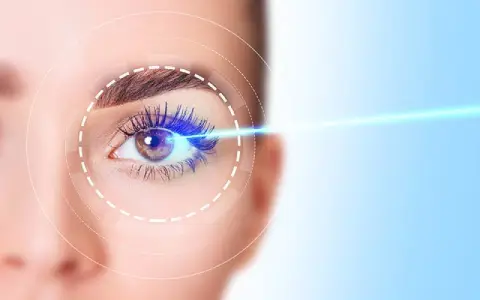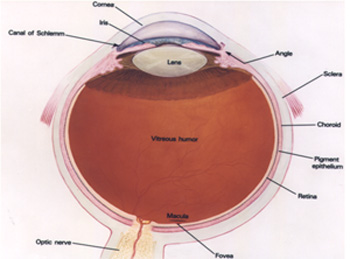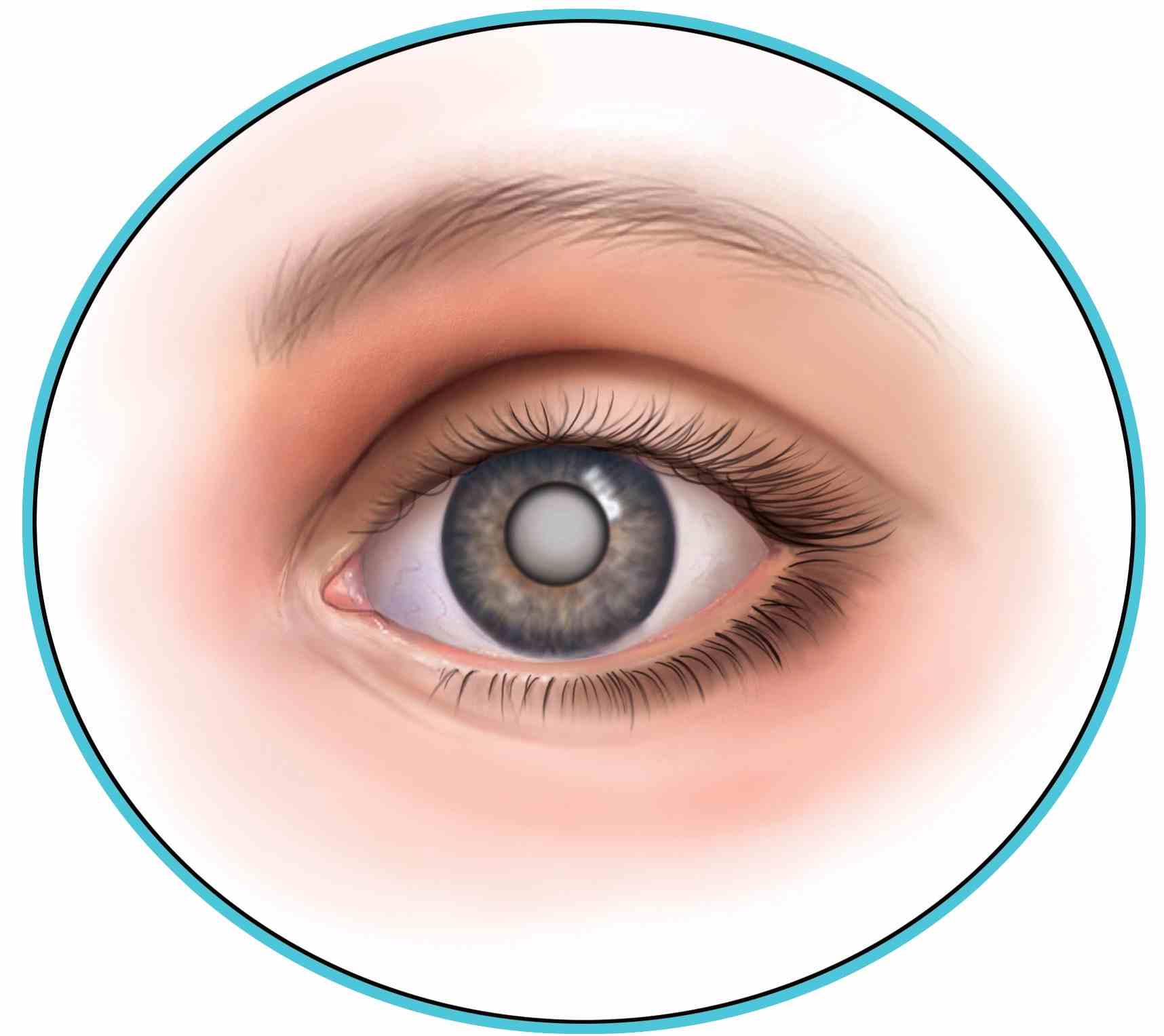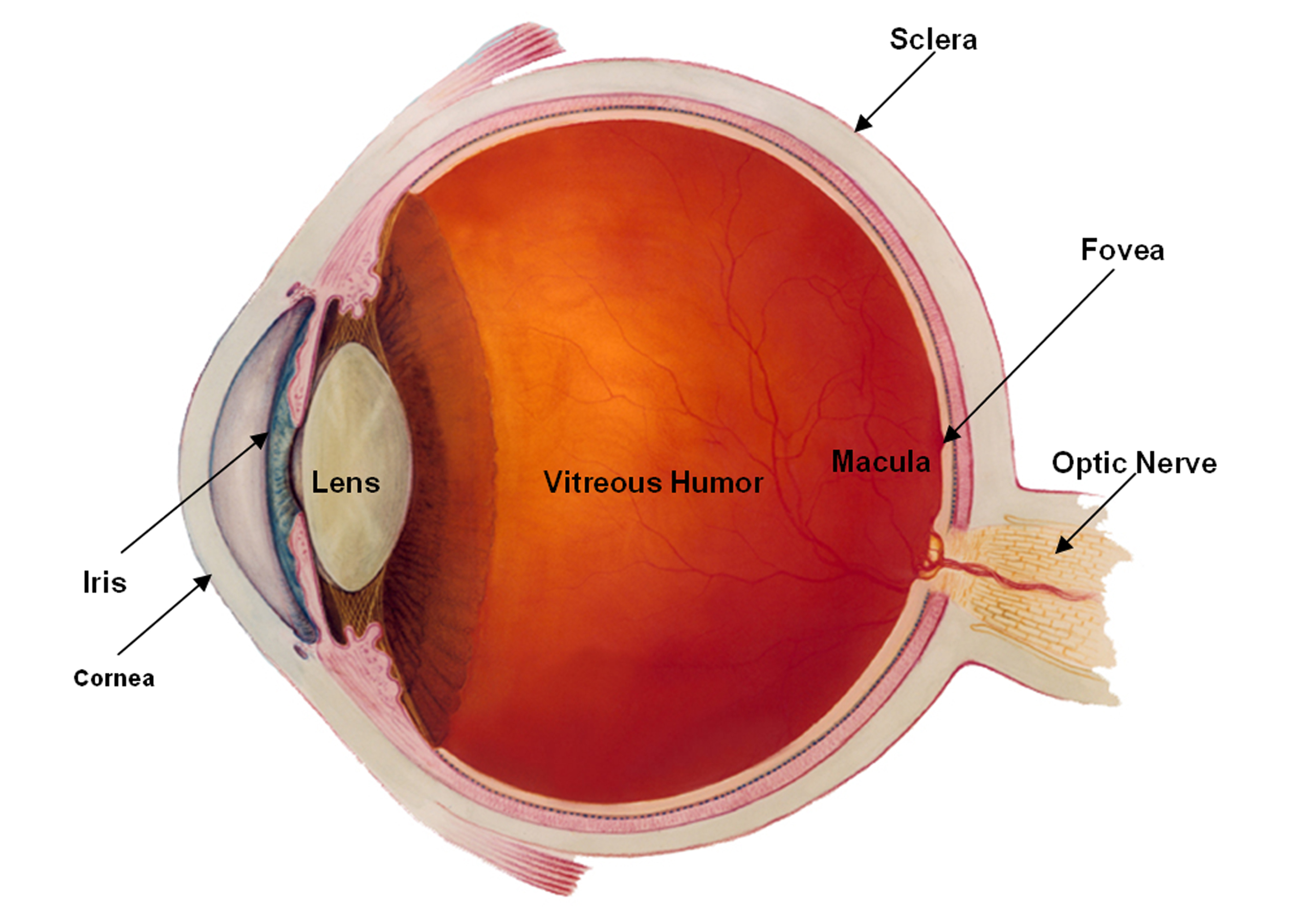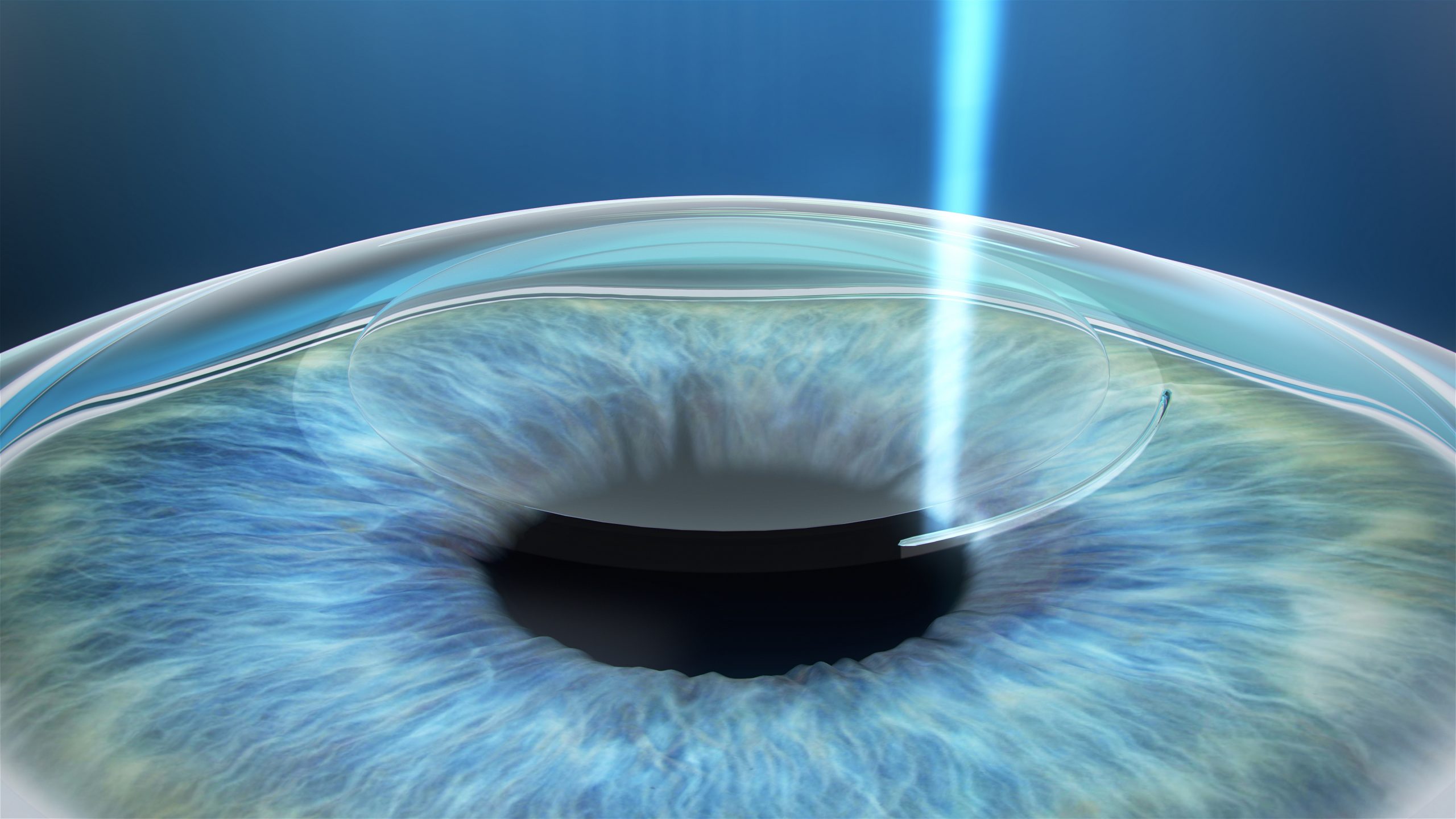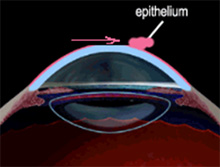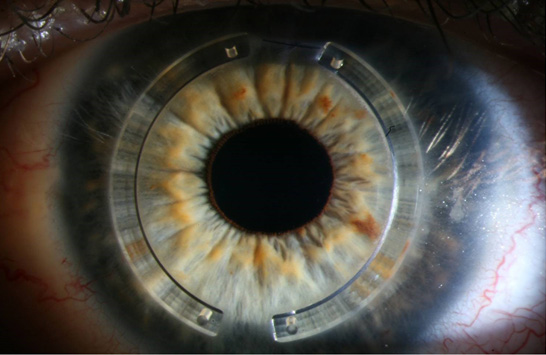What causes dry mouth ..?
Dry mouth is caused by a decrease in the amount of salvia in the mouth when the salivary glands do not work properly. The salivary glands help keep your mouth moist, which helps prevent decay and other oral health problems.
Dry mouth may be a sign of a serious health condition or may occur when a person is upset or experiences stress. It can also be caused by aging, radiation therapy and chemotherapy, medications, or diseases such as AIDS, diabetes or Sjogren’s Syndrome. Even patients with Alzheimer’s disease or who suffer a stroke may experience dry mouth.
Studies show that up to 400 medications, prescriptions and over-the-counter, can contribute to symptoms associated with dry mouth. The most common troublemakers are anti-hypertensives, anti-depressants, painkillers, tranquilizers, diuretics, and antihistamines.
Is dry mouth a problem?
Yes, it can cause health problems. You want to prevent dry mouth if possible because it causes difficulty in tasting, chewing or swallowing. It also allows plaque to build up on your teeth faster, leading to a higher risk of cavities. In certain cases, a lack of moisture can make your tongue become very sensitive, causing a condition called burning tongue syndrome.
Why is saliva important?
Saliva helps wash away cavity-causing bacteria, provides enzymes to help digest food, protects teeth from decay and keeps oral tissues healthy. Without saliva, you would lose your teeth much faster.
What is Sjogren’s Syndrome?
Sjogren’s Syndrome is an autoimmune disease that causes the body to attack its own moisture producing glands. Approximately 2-4 million Americans have this condition. The majority of sufferers are women in their late 40s.
Sjogren’s Syndrome is difficult to diagnose because symptoms vary greatly. Patients may experience dryness in the eyes and mouth or fatigue and joint pain, and it also mimics the natural signs of aging.
How can my dentist help?
Your dentist will want to know if you have difficulty swallowing, difficulty with speech, oral soreness or a dry throat. Help your dentist to diagnose the problem by recognizing the symptoms associated with dry mouth. If you have any questions about this condition, ask your dentist.
There are many treatments that can help ease the symptoms, including over-the-counter saliva substitutes. To ease discomfort, your dentist may recommend the following:
- Brush and floss twice-a-day.
- Chew sugarless gum.
- Avoid alcohol and caffeine.
- Avoid smoking.
- Avoid citrus juices (tomato, orange, grapefruit).
- Avoid dry foods, such as toast or crackers.
- Avoid overly salty foods.
- Drink plenty of water.
- Use over-the-counter moisture replacement therapies.
- Regular dentist visits.

